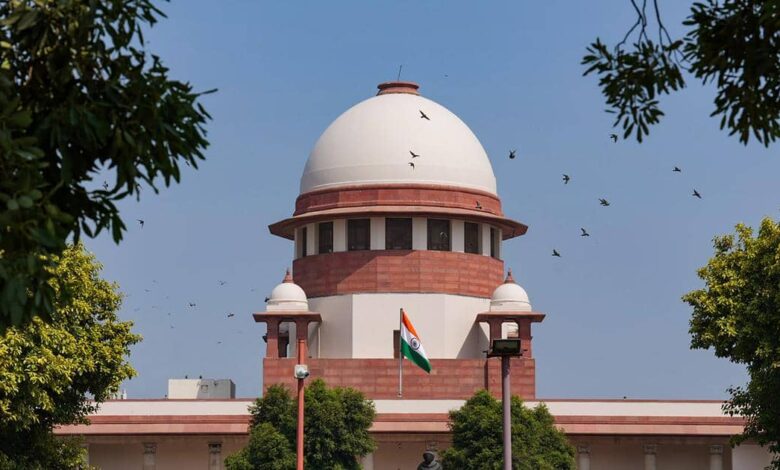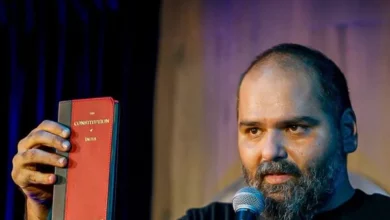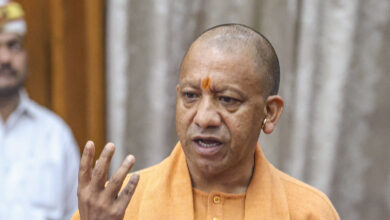
The Supreme Court is scheduled to pronounce its order on Monday on a plea challenging an order passed by the Madras High Court, which held that mere viewing of child pornography does not amount to an offense under the Protection of Children from Sexual Offences (POCSO) Act and the Information Technology (IT) Act.
The bench, headed by Chief Justice of India- CJI DY Chandrachud, had reserved its judgment in April. Others on the bench were Justices JB Pardiwala and Manoj Misra.
Background of the Case
The Madras High Court, on January 11, quashed a criminal case against 28-year-old S Harish, holding that for an offense to be committed under Section 67B of the IT Act, an individual must have “published, transmitted, or created material depicting children in a sexually explicit act”.
Justice N Anand Venkatesh said, “A careful reading of this provision does not make watching child pornography, per se, an offense under Section 67B.” The bench went further to clarify that the section will not apply in a case where a person has only downloaded child pornography on an electronic device and viewed it without further acts.
Even while acquitting him, knowing full well there were two videos of minor boys on his phone, Justice Venkatesh said that he did not publish or forward the clips and hence kept them private. On a broader perspective, Justice expressed concern over the effects of children watching pornographic material and told the accused to seek help through counseling if he is addicted to pornography.
Reaction of Supreme Court
Terming the high court’s observations as “atrocious”, the Supreme Court agreed to hear the plea challenging the earlier order. Appearing for two NGOs, senior counsel HS Phoolka contended that the original order creates an “impression” that downloading and possessing child pornography is not a criminal offense. The case has all eyes with the complexity surrounding child protection laws in the digital age.



